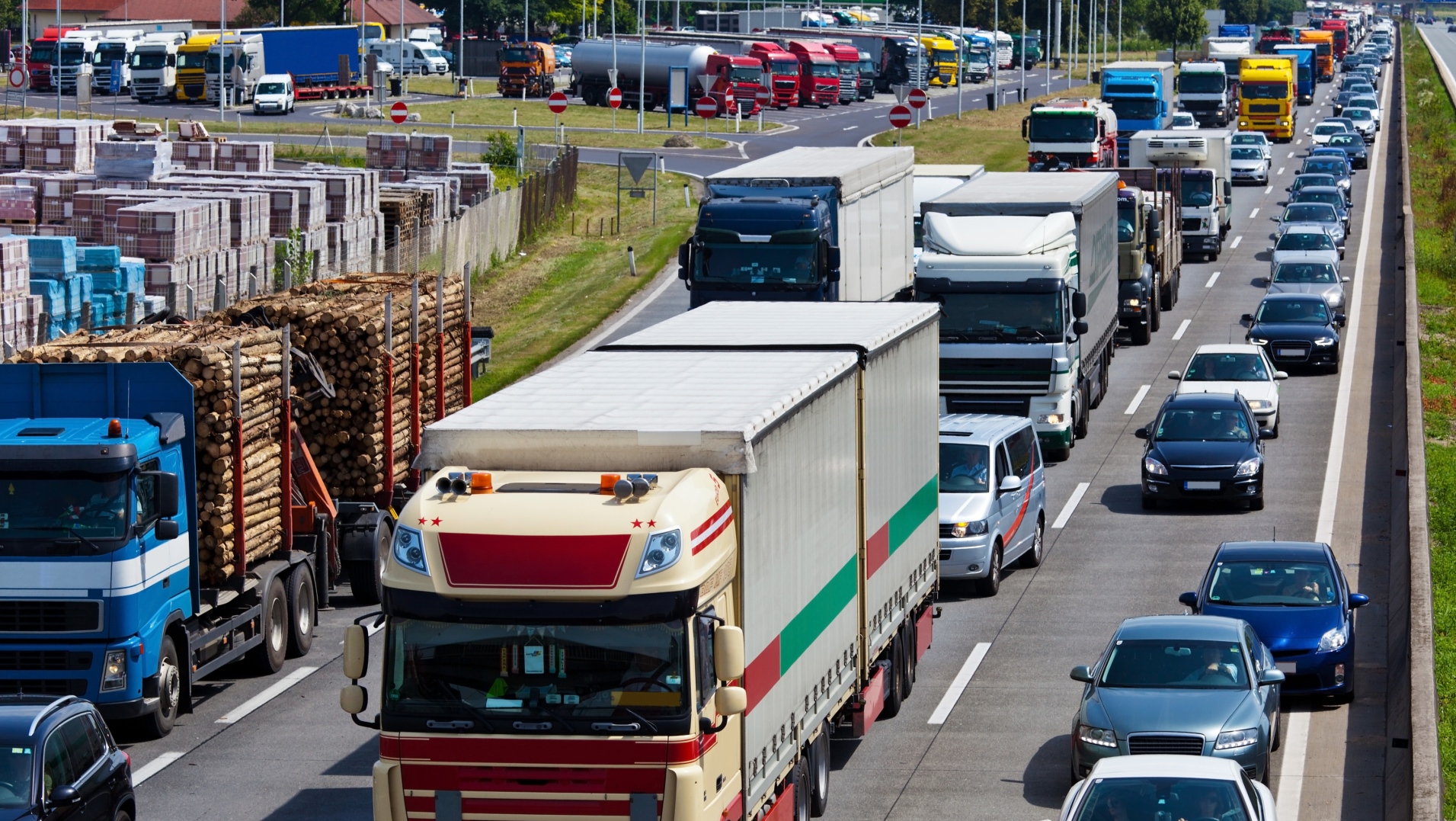Brexit berries threat
One of the UK’s biggest berry farms is moving part of its operations to China because it claims it can’t find enough workers.
However, Unite said the agricultural sector would be able to find domestic labour sources if workers were paid, treated and trained properly.
Around 200 seasonal roles have been lost at Haygrove’s farm in Ledbury, Herefordshire, with the owner blaming Brexit for the lack of fruit pickers and relocating some raspberry and blueberry growing to China.
Concerns are growing across the agricultural sector that Brexit will severely interrupt the flow of migrant workers who currently harvest much of the UK’s home grown produce – with reports already emerging of fruit and vegetables being left to rot in the fields.
Haygrove founder, Angus Davison said the firm is reducing its 1,550 seasonal workers to 950 because of Brexit uncertainty.
Davison wrote to prime minister Theresa May warning her that the situation is likely to get worse.
In a letter seen by the Guardian, he wrote, “Unless a seasonal workers scheme is put in place, you must expect to see the steep decline of this significant rural employer and source of food.
“It is appreciated that treating one industry differently to another is difficult; however agriculture, unlike construction and hospitality, can be exported. If enough people are not made available to do the work, the work can be taken to the people.”
Davison said the decision to offshore was taken because his business – which has a turnover of £101m – has “super-tight” profit margins. Without action from the government to secure migrant labour, Davis says it is possible that he will move more of the business abroad.
Acting national officer for agriculture, Bev Clarkson, acknowledged the problems facing the sector because of the government’s lack of direction over Brexit.
But Clarkson was clear that the insistence from many in the sector that agriculture can only function on migrant labour ignored the fact that its recruitment issues stem from the low pay and poor conditions of its workforce.
She said, “Moving work offshore is absolutely the wrong way to go about things. If pay, terms and conditions were right then workers would be there regardless. That’s the big problem – there’s massive issues because workers are low paid and they don’t have any job security.”
Unite member Dr Charlie Clutterbuck, author of Bittersweet Brexit: The future of food, farming, land and labour, said the answer to protecting and increasing the UK’s food security lies in the fairer distribution of farming subsidies.
“We should use the funds that go to EU’s common agricultural policy, which amount to about £3bn, to pay proper living wages. Currently all that money goes to landowners. The more land you have, the more money you get and they get that for doing nothing. It should go to workers instead,” explained Clutterbuck.
“That £3bn would translate into about 300,000 permanent agricultural jobs. It would transform people’s wages and make a whole lot of difference in terms of investment in our rural economies and the way we farm. It’s there regardless of what type of Brexit we have, because the responsibility for common agricultural policy funds can be devolved to a national level.”
 Like
Like Follow
Follow


